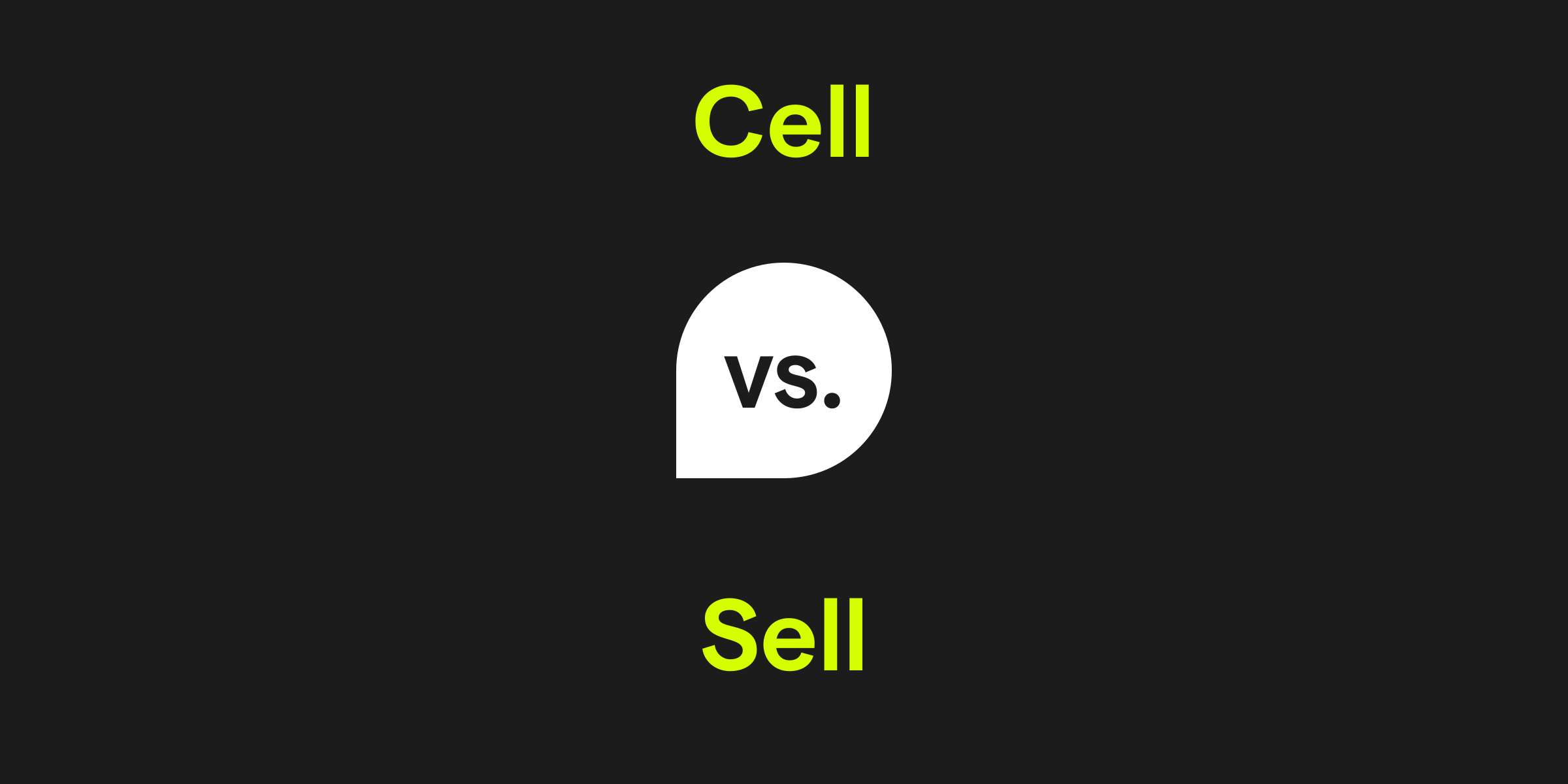Cell vs. Sell: What's the Difference?
The words cell and sell may sound similar, but they have entirely different meanings and uses. A cell is a biological unit of all living organisms, a small room where a prisoner is kept, or a fundamental unit in batteries, while sell refers to the process of giving or handing over something in exchange for money. Understanding the context in which each word is used can help distinguish their very separate applications.

How do you use the word cell in a sentence?
The word cell is used when referring to a small room, such as a monastic or prison cell, as well as referring to the basic building blocks of organisms in biology. With the advent of technology, cell also refers to the individual compartments of a battery or the smallest unit in a spreadsheet software like Excel. Its usage generally revolves around the concept of a small and essential unit within a larger system or structure.
Examples of cell in a sentence
- Under the microscope, you can observe the structure of a plant cell quite clearly.
- The prisoner was confined to his cell for 23 hours a day.
- Each cell in the spreadsheet was filled with data from the annual sales report.
How do you use the word sell in a sentence?
Sell is a verb used to describe the action of transferring ownership of goods or services in exchange for money. It encompasses a wide range of activities from individual transactions to complex sales processes within businesses. The term is also colloquially used to describe the act of persuading or convincing someone of an idea or concept. Emphasis is on the act of exchange or the effectiveness of persuasion.
Examples of sell in a sentence
- He managed to sell his old car for a good price.
- The sales team hopes to sell 100 units by the end of the month.
- The artist found it challenging to sell his abstract concepts to the conservative audience.
Cell and sell definition, parts of speech, and pronunciation
Cell definition:
A cell is a noun that can refer to the smallest structural and functional unit of an organism, typically microscopic, or a small room used to confine a prisoner or monk. In other contexts, it can describe the compartment of a battery or a single unit within a larger array, such as a solar panel or table.
Cell parts of speech:
Cell pronunciation:
Cell is pronounced as /sɛl/.
Sell definition:
Sell is a verb that means to exchange something for money, to make something available for purchase, or to convince someone of the merits of.
Sell parts of speech:
Sell pronunciation:
Sell is pronounced as /sɛl/, identical to cell.
A cell is a noun that can refer to the smallest structural and functional unit of an organism, typically microscopic, or a small room used to confine a prisoner or monk. In other contexts, it can describe the compartment of a battery or a single unit within a larger array, such as a solar panel or table.
Cell parts of speech:
- As a noun: The biology teacher explained that every cell in the human body has a specific function.
- As a noun in technology: The new solar panels have more efficient cells that can capture sunlight better.
Cell pronunciation:
Cell is pronounced as /sɛl/.
Sell definition:
Sell is a verb that means to exchange something for money, to make something available for purchase, or to convince someone of the merits of.
Sell parts of speech:
- As a verb: The author's ability to sell his story to the publisher secured him a lucrative book deal.
- As a verb in marketing: They need to develop a strategy that will sell the product to a wider audience.
Sell pronunciation:
Sell is pronounced as /sɛl/, identical to cell.
Cell vs. sell in a nutshell
While cell and sell are homophones sounding alike, they serve very distinct purposes in the English language. Cell is a noun encompassing several meanings ranging from biology to technology, referring broadly to small but essential units. Sell, on the other hand, is a verb associated with the act of trading goods or services for money, and it extends metaphorically to include persuading others. Keeping their distinct definitions and contexts in mind can prevent confusion despite their similar pronunciations.
Get AI Writing Assistance Wherever You Type
Make sure your vocabulary is on point and every punctuation mark is in the right place, no matter where you’re working. Grammarly works across more than 1 million websites and apps so you can improve your writing without copying, pasting, or breaking focus.

More Commonly Confused Words
Interest piqued? Pore (not pour) over other commonly confused words to help your writing reach peak (not peek) performance.